The Struggle Is the Goal: One Step at a Time
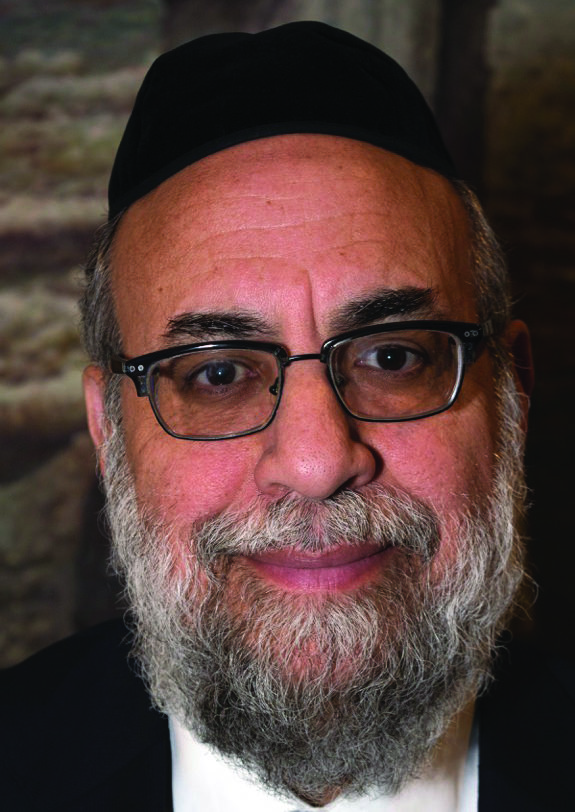
We each have our own private quests, those goals we tried — or keep trying — to achieve. As we struggle and strive, the process becomes its own destination
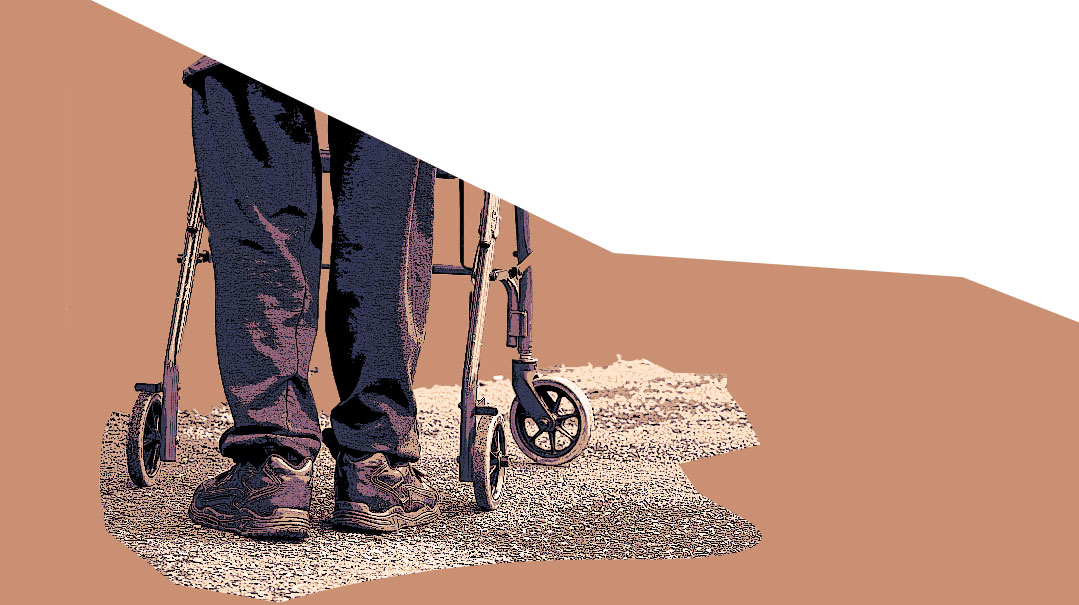
Almost everyone I meet knows about my COVID experience — how I caught the virus shortly after Purim, how my situation deteriorated with frightening speed until I was literally gasping for breath, how my family had to fight to keep me connected to life-saving equipment. And most people think the story came to a miraculous end when I finally returned home six and a half weeks later. But for me, the story has continued.
I was discharged from the hospital with a protocol of intensive physical therapy that would hopefully restore my right leg — immobilized due to a hematoma and severe nerve damage — to its former use. I knew very little about physical or occupational therapy; I just knew that I really didn’t believe in them.
I do now.
It’s been months of intensive therapy at this point, and having gone from the bed to the wheelchair to the walker to the cane and then walking unaided, the whole experience has been a great learning opportunity.
I have learned about the incredible skills and patience that every good therapist needs, and the importance of the role they play in their patients’ recovery process. I have learned to appreciate all those limbs I took for granted. I’ve learned how much effort and how much sheer hard work every therapy patient expends. And along the way, I discovered inner strength that I never knew that I had.
Many people have asked what kept me motivated to continue pushing so hard when it would have been much easier to give up. The motivation, I told them, had actually been provided by the True Healer many years ago.
It was during a trip to Eretz Yisrael. One evening, I found myself in a shul in Jerusalem for Maariv. I arrived a few minutes early and picked up one of the monthly periodicals that was lying on the table. That week was the shloshim of Rav Aaron Soloveichik ztz”l of Chicago, and I noticed a brief biography of the Rosh Yeshivah.
I had only met Rav Soloveichik once, when I traveled to the Chicago wedding of a young man from my shul. At the time, Rav Aaron was suffering from the aftereffects of a massive stroke; he was confined to a wheelchair and had some difficulty speaking.
Now, as I read the article, one particular story hit home, giving me a completely different image of the man.
After his stroke, a talmid related, Rav Aaron attended regular therapy sessions, valiantly trying to regain his former abilities. His talmidim used to accompany him to therapy. One day, the talmid who escorted him noticed that while the Rosh Yeshivah was struggling to walk a few steps, his lips were moving.
The talmid was curious: What was the Rosh Yeshivah saying as he strained his muscles so mightily? Maybe he was reciting Mishnayos by heart, or maybe it was some Tehillim. Then the talmid leaned a bit closer and to his shock, heard Rav Aaron whispering the words we say during Mussaf of Yom Kippur, when we recount the avodah of the Kohein Gadol.
With each step he took, Rav Aaron murmured the words the Kohein Gadol had said as he carried out his exalted work: “Achas, achas v’achas, achas u’shtayim, achas v’shalosh…” Step by faltering step in that therapy clinic in Illinois, the Rosh Yeshivah was performing his own sort of avodah.
I am not sure why this story resonated with me at the time, but right after Maariv, I took out my pen, wrote it down, and filed it away with my notes. Back then I didn’t understand why I needed to be in that shul precisely during that week, when that pamphlet was lying carelessly on a random table. Now I do.
Hashem knew of the challenge I would face decades later. He knew I would need months of intense therapy. He gave me this story, and so He gave me the strength to climb — or crawl — back to myself.
During the many strenuous physical therapy sessions, when I felt like I simply could not exert my spent muscles any further, I would start counting to myself, “achas, achas v’achas, achas u’shtayim, achas v’shalosh” — and instead of feeling sorry for myself, I envisioned the session as my avodah. For whatever reason Hashem had determined, this was a struggle I had to undergo, and hard as it was, I had to do my part.
I’m still struggling, still trying to move forward. And with each step I take, each session I complete, I remember a holy man who transformed his therapy sessions to exalted service.
Because really, every step we take is part of our personal avodah.
This article was written as a zechus for an aliyas neshamah for Sara Chaya z”l bas Rav Aryeh Zev.
Rabbi Aryeh Z. Ginzberg is the rav of the Chofetz Chaim Torah Center of Cedarhurst and the founding rav of Ohr Moshe Institute in Hillcrest, Queens.
(Originally featured in Mishpacha, Issue 839)
Oops! We could not locate your form.

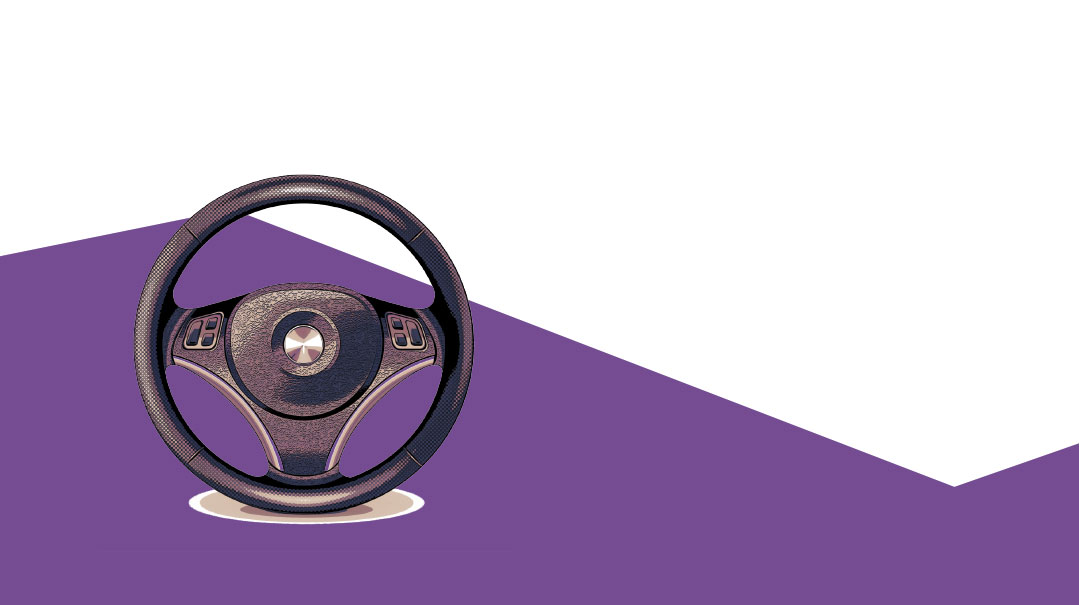
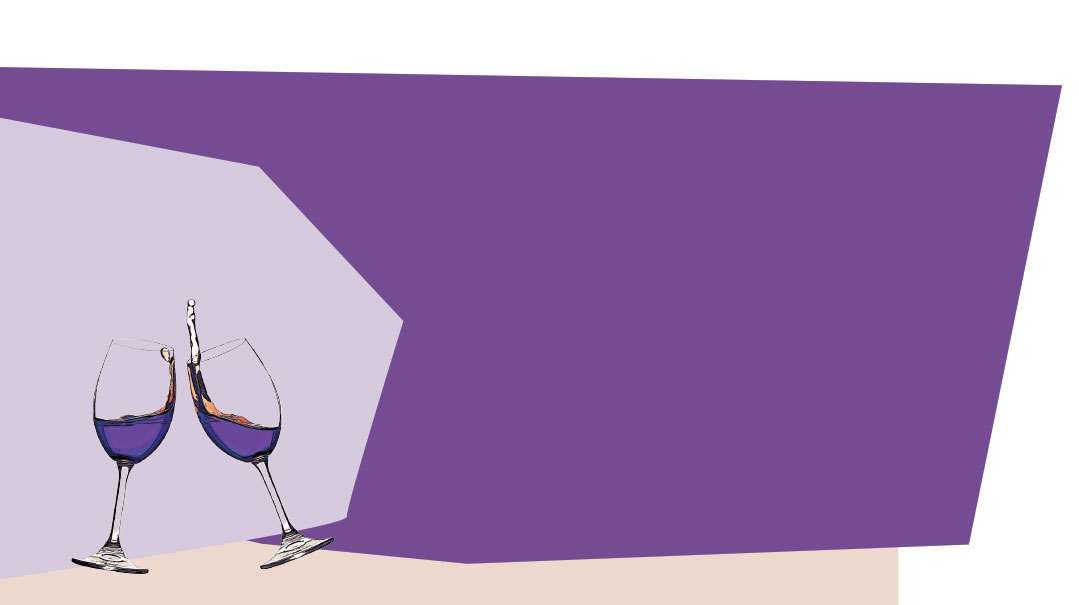
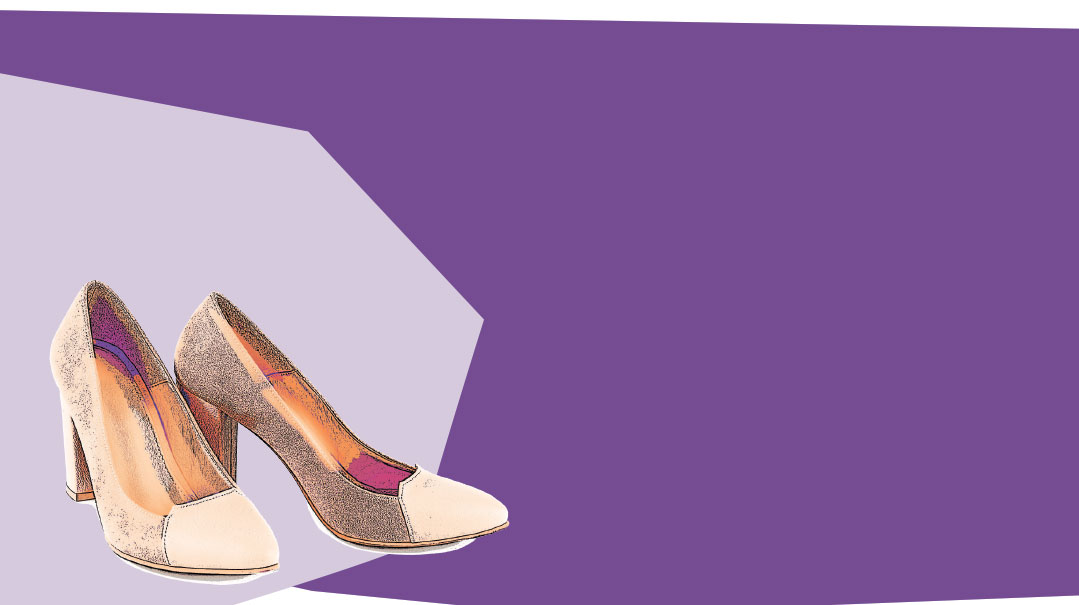
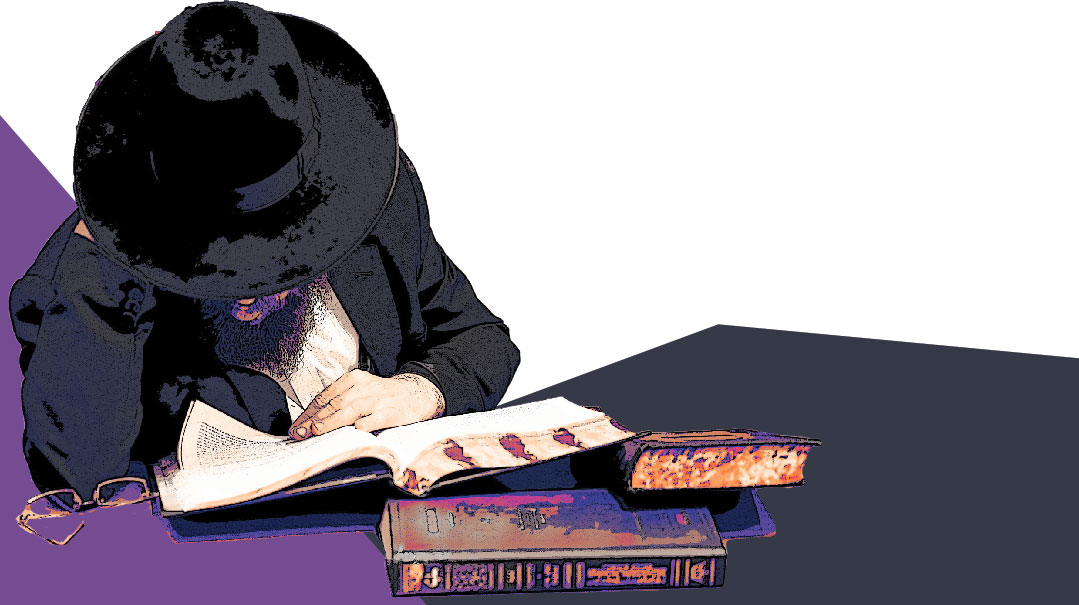

Comments (1)